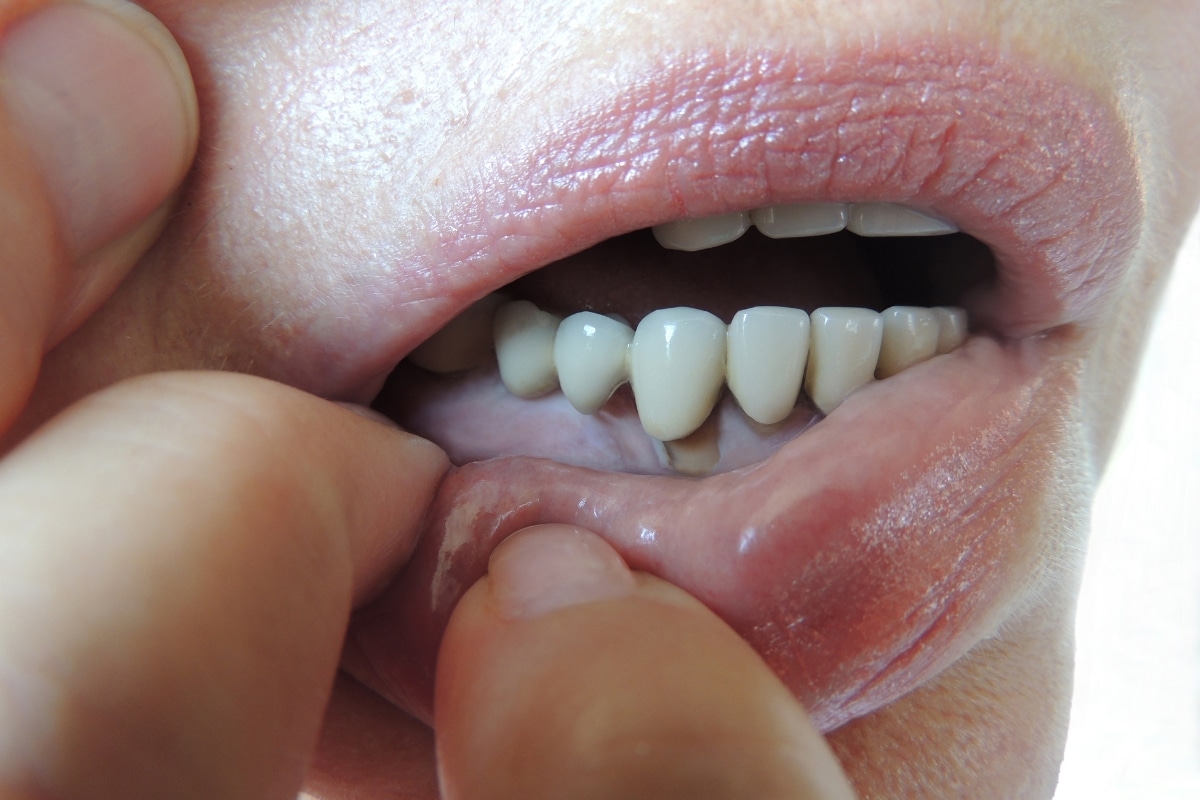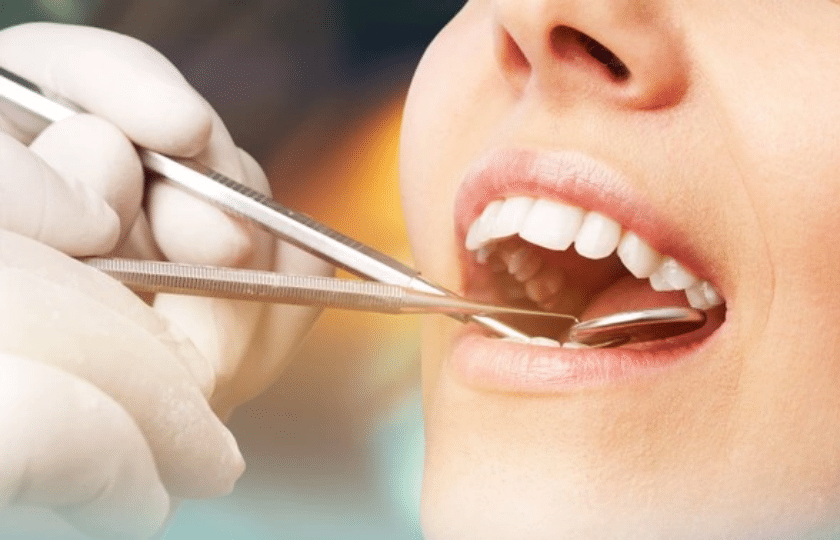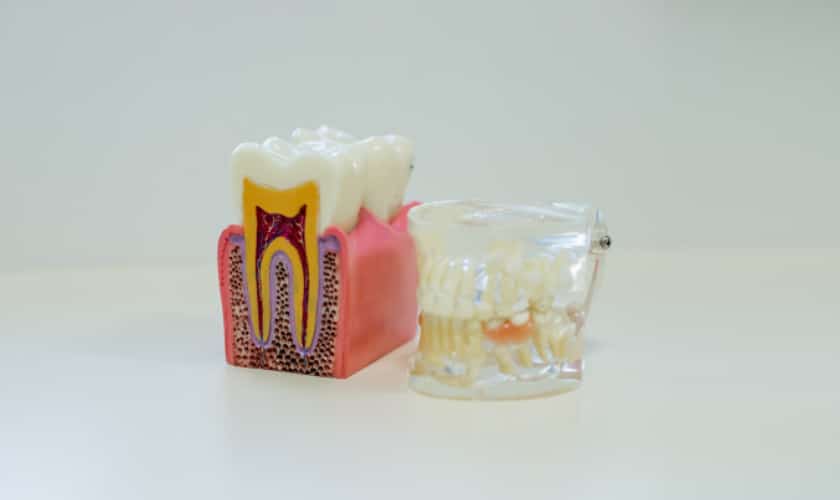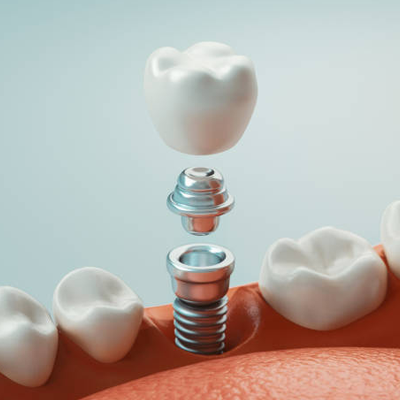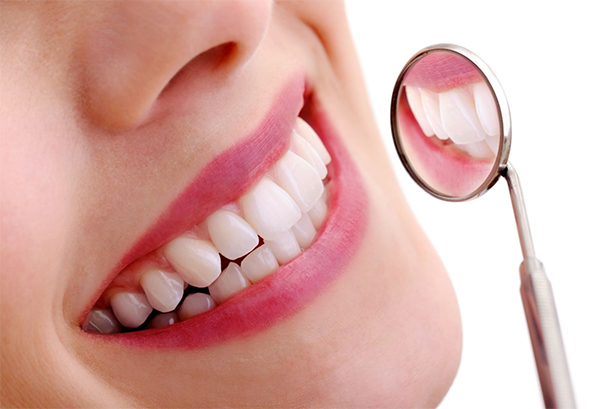
Healthy Gums, Healthy Smile: The Benefits of Periodontal Therapy
Having a healthy, beautiful smile can be so rewarding. But if you’re not taking care of your gums, it won’t last long. That’s why it’s important to understand the importance of periodontal therapy and how it can help you maintain your oral health. Periodontal (or gum) therapy is a type of dental treatment that focuses on the gums, teeth, and bones around them. The primary purpose is to prevent, diagnose, treat, and/or reverse diseases of the gums. It is important to understand that periodontal therapy plays an essential role in maintaining your oral health, and it can help prevent more serious health problems like gum disease and bone loss.
What Is Periodontal Disease?
Periodontal (gum) disease is caused by the accumulation of plaque and tartar around the teeth and gums. It is a bacterial infection that makes the gums red, sore, and swollen. If left untreated, periodontal disease can cause gum recession and eventually lead to tooth loss. That’s why it is so important to have regular visits with your dentist for proper diagnosis and treatment.
Types of Periodontal Therapy
There are two main types of periodontal therapy: non-surgical and surgical. Non-surgical treatment includes scaling and root planing, which involves cleaning the teeth and gums to remove plaque and tartar buildup. This is typically done with a dental instrument or laser. Another type of non-surgical periodontal therapy is the application of antibiotics to reduce or eliminate the bacteria that cause gum disease.
Surgical periodontal therapy is more complex and involves surgical procedures such as pocket reduction, gum grafting, crown lengthening, and flap surgery. During the procedure, your dentist will remove infected gum tissue and may reshape or reposition your gums to improve your overall oral health.
Benefits of Periodontal Therapy
Periodontal therapy is an important part of oral hygiene and can help keep your gums healthy. It can also help improve the appearance of your smile, reduce sensitivity, and restore lost tooth structure due to gum recession. Additionally, periodontal therapy can prevent serious health problems like heart disease and stroke.
It is important to note that periodontal therapy can also help reduce the risk of developing dental caries (cavities) as well as bad breath. It can also improve your overall oral health and help you maintain a healthy smile for life.
Costs and Insurance
The cost of periodontal therapy can vary depending on the type and extent of treatment that is needed. Generally, non-surgical treatments tend to be less expensive than surgical treatments. Additionally, many dental insurance plans cover part or all of the cost of periodontal therapy, so it is important to check with your insurance provider for details.
Conclusion
Periodontal therapy is an important part of oral hygiene and can help keep your gums healthy. It is important to get regular dental checkups so that any issues with your gums can be identified early and treated properly. Periodontal therapy can also help restore lost tooth structure due to gum recession, reduce sensitivity, and improve the appearance of your smile. Additionally, it can reduce your risk of developing serious health problems like heart disease and stroke.
Q: How often should I get my teeth cleaned?
A: It is recommended that you visit your dentist at least twice a year for a professional cleaning and to have any potential issues with your gums identified and treated.
Q: What is the difference between non-surgical and surgical periodontal therapy?
A: Non-surgical treatments include scaling and root planing, while surgical treatments involve more complex procedures such as pocket reduction, gum grafting, crown lengthening, and flap surgery.
Q: Is periodontal therapy covered by insurance?
A: It depends on your specific insurance plan. Many dental plans cover part or all of the cost of periodontal therapy, so it is important to check with your insurance provider for details.


